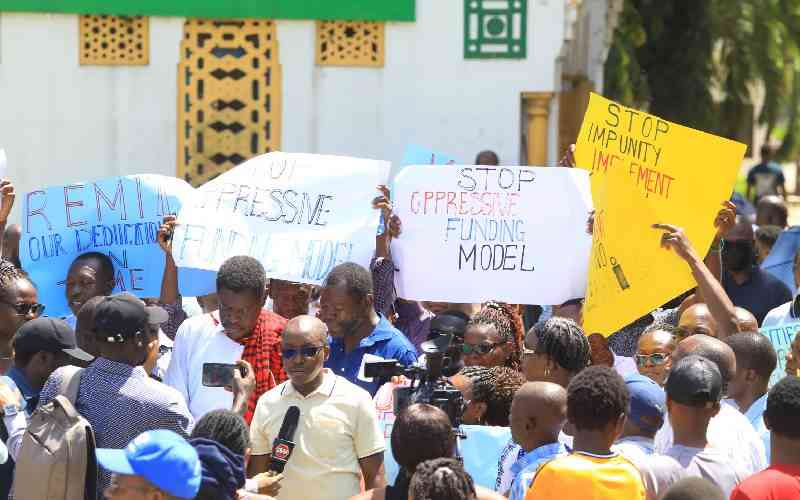×
The Standard e-Paper
Fearless, Trusted News

Services are more brittle than products. Surprised? If a glass breaks, you replace it with another.
If a car crashes, you just replace it. If a patient is misdiagnosed or mis-educated, you can't get a replacement. If there is a power outage, you can't recover the lost time or productivity. Still surprised?







